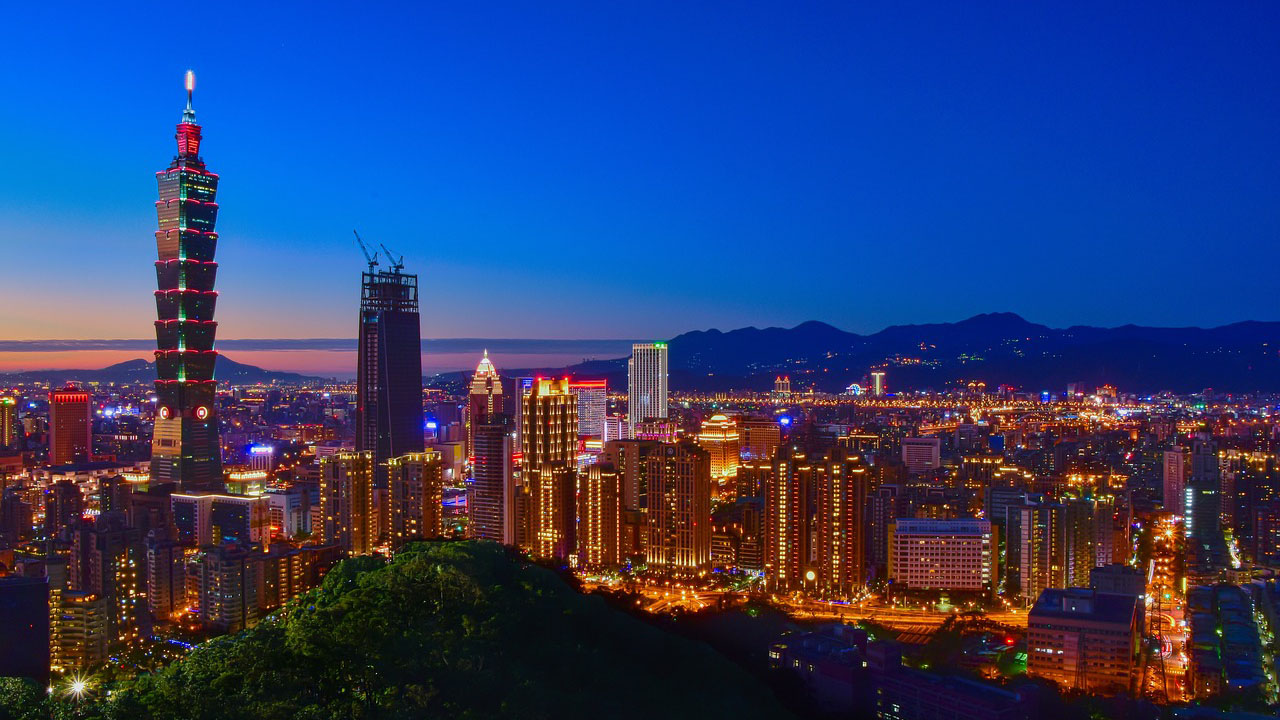
Two nations, each poised on the brink of transformation and monumental growth, stepped into the decades-old dawn of the 1960s. Nigeria, with its vast reserves of crude oil, was poised to ascend as a global powerhouse, its wealth bubbling just beneath its evergreen lands. Across the ocean, Taiwan, a small island with limited natural resources, faced its future uncertain but hopeful. As the decade unfolded, these two nations embarked on markedly different economic journeys that would define their fates for generations to come.
Nigeria’s oil discovery initially promised economic prosperity but by the 1980s, heavy reliance on this resource had stifled other industries and left the economy vulnerable to global oil price fluctuations. Efforts to diversify, including significant foreign investments from companies like Peugeot and Volkswagen, were unsuccessful, and the industrial sector remained overshadowed by oil.
This failure stemmed from inconsistent policies and a shift towards protectionism, in stark contrast to Taiwan’s successful industrial transformation under Sun Yun-Suan’s leadership.
Taiwan’s strategic policies and focus on core competencies, known as the ‘Taiwan Miracle,’ positioned it among Asia’s leading economies. Delving deeper into backstory of these two nations, the lessons unfold, revealing the profound role and impact of visionary leadership and strategic policy-making in charting the course of a nation’s economic destiny.
A tale of two central banks
In the early 1980s, Taiwan’s Central Bank made the bold move to let its currency float and abolished interest rate controls, radically transforming its financial landscape and boosting its manufacturing sector into a dynamic export-oriented market.
This strategic shift resulted in a trade surplus, increased wages, reduced labour costs, and enhanced Taiwan’s attractiveness to international investors, thereby establishing it as a prime manufacturing hub. In contrast, Nigeria’s recent monetary policies, included restrictive non-tariff barriers that focused on reducing import dependence, backfired severely, repelling foreign investment and stunting local production. This approach has hindered Nigeria’s industrial growth as ineffective policies continue to constrain local manufacturers and make domestic production costly and uncompetitive, highlighting the critical impact of coherent monetary strategies on a nation’s economic health.
The human capital Odyssey
Taiwan has dramatically transformed its economy through strategic human capital development, making substantial investments in education that propelled it into a global market pioneer. Taiwan mandated education and established key institutions like the National Taiwan University of Science and Technology to nurture a workforce that has contributed to over 2,500 industrial patents and elevated its position in global knowledge economies.
In stark contrast, Nigeria has underinvested in education and relied heavily on foreign entities for workforce development, resulting in a poorly ranked Human Capital Index. The divergent outcomes between Taiwan and Nigeria highlight the critical need for strategic investment in human capital to enhance economic prosperity and global competitiveness. For Nigeria, a reimagined approach to education and local capacity building is essential for future success on the international stage.
Taiwan’s mastery and niche of the OEM model
Taiwan has emerged as a leader in technological innovation, strategically embracing technology transfer and fostering deepconnections between its SMEs and global tech giants within dynamic industrial clusters. This approach has positioned Taiwan as a key player in the OEM market, transforming its economic landscape and enabling local manufacturers to become specialised contract manufacturers for high-tech components.
The result is a thriving export sector, with Taiwanese SMEs responsible for a significant portion of high-tech goods exported globally. In contrast, Nigeria’s focus on Import Substitution Industrialization (ISI) has limited its technological advancement and economic diversification. This highlights the need for precise and adaptive policies that leverage local strengths to achieve sustainable industrial growth, similar to Taiwan’s successful integration into the global technology supply chain.
The symphony of synergy: Taiwan’s industrial clusters
In the global economic arena, Taiwan has excelled through its strategic use of industrial clusters, transforming its SMEs into dynamic centers of industry and innovation. These clusters have facilitated a vibrant synergy among businesses, enhancing knowledge exchange, cooperative efforts, and shared funding, all contributing to a robust business environment. This model showcases the effectiveness of collective enterprise, serving as a blueprint for other nations.
Taiwan has also promoted growth and innovation through the Small Business Innovation Research (SBIR) program, which supports SMEs with significant R&D funding and fosters global partnerships. Conversely, Nigeria has attempted to stimulate its industrial sector with policies like the 1974 Indigenization policy and the recent establishment of industrial parks to attract foreign investment and revitalize local production. This approach aims to emulate Taiwan’s success by fostering a conducive environment for industrial growth and international cooperation, positioning Nigeria to harness industrial vigour and innovation for economic prosperity and global relevance.
Crafting Nigeria’s next industrial saga: A vision for the coming decades
As we stand, six decades beyond Nigeria’s independence, the vision of rapid industrialisation continues to hover on the horizon, yet remains just out of reach. Despite fervent aspirations and extensive plans, the reality starkly contrasts with the government’s projections. A mere 4 per cent contribution from manufacturing to the GDP underscores a troubling stagnation—an emblem of policies that have historically relied too heavily on import substitution and restrictive trade practices.
The World Trade Organisation’s reviews hint at motivations behind Nigeria’s import bans that diverge sharply from official justifications, pointing to a deeper malaise reflected in Nigeria’s disheartening rank of 146 out of 180 on the Transparency International Corruption Index.
This scenario paints a clear picture: Nigeria’s economic strategies, marred by inconsistency and inefficacy, have led to an alarming rate of industrial decline. The urgency for a sustainable, revitalised approach is palpable.
The nation’s policymakers must recalibrate their strategies to foster an environment that not only supports local industries but also attracts global partnerships. The significance of Small and Medium Enterprises (SMEs) as catalysts for economic rejuvenation cannot be overstated—they are not merely participants but pivotal protagonists in the narrative of economic revival.
For Nigeria, the path forward requires a robust embrace of global best practices and a firm commitment to genuine reforms. The establishment of new industrial parks is a promising start, yet the true measure of success will be their ability to integrate into the broader economic fabric, extending their reach beyond local boundaries to tap into international markets.
The government’s role is crucial, not just in crafting policies but in actively nurturing the ecosystem—enhancing capacities, fostering technological transfers, and building infrastructures that connect, support, and elevate the industrial sector.
Moreover, the engagement with key stakeholders like the Manufacturing Association of Nigeria must move beyond consultation to active collaboration, crafting policies that resonate with the ground realities of industrial needs. These alliances are essential to sculpt a landscape where innovation thrives and manufacturing flourishes, propelled by educated, skilled hands and minds that can steer Nigeria toward a future where it does not merely compete but leads on the global stage.
As we reflect on the journey ahead, it is evident that without a foundational commitment to nurturing human capital and refining policy frameworks, the dreams of industrial prowess will remain just that—dreams. The task at hand is monumental, but the blueprint for a thriving industrial economy is clear. With strategic adjustments and relentless pursuit of excellence, Nigeria can redefine its industrial trajectory and forge a legacy of prosperity that resonates through generations.
Fatoba is a Communications Expert and Specialist based in Abuja.






